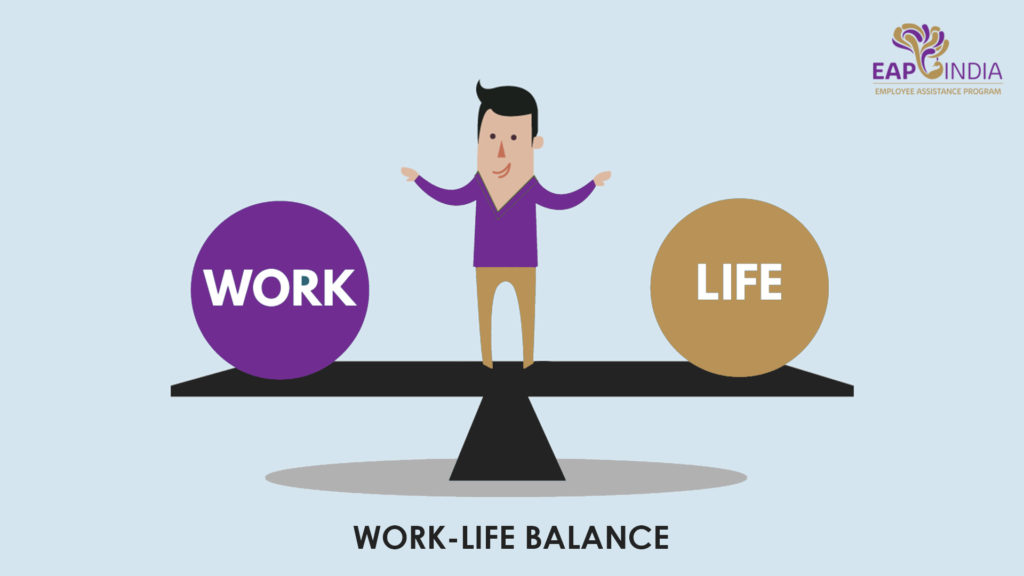As the philosopher, Aristotle said: “Man is a social being.”
With companies across the world opting for work from home, remote working hasn’t been exactly what employees thought it would be. Even in “normal” times, research has shown that loneliness and isolation can be “twice as harmful to physical and mental health as obesity”. And now after being home all day, remote workers face key challenges that can affect engagement, satisfaction, productivity, and mental health. A silent epidemic of burnout is brewing and a major cause is “work-life imbalance.”
Work-life balance, on the other hand, is a term used for the idea that you need time for both work and other aspects of life, whether those are family-related or personal interests. As the saying goes, “All work and no play makes Jack a dull boy”.
The combined effects of stress, fear, work pressures, along with the demands of home and family life, are taking a toll on mental health. It is deemed to be a routine norm to read news, check emails, respond to clients’ messages and calls as well as work on the laptop even during the weekends while sitting amidst family members. A poor work-life balance paves way towards grave health concerns such as respiratory diseases, migraines, strokes, cardiac problems, digestive and intestinal diseases. To overcome such health risks and lead a successful career, it is indispensable for the employers and employees at all levels to collaborate firmly for inculcating a culture of work-life balance.
Referring to a relevant research, COVID-19 has left all of India Inc.’s professionals anxious on several accounts. 59 percent are concerned about their health, 25 percent said they are anxious about their financial situation, while 16 percent fear that the crisis will be a prolonged one and this uncertainty lends to high anxiety. In light of these anxieties, it is not surprising that many people are losing the essence of a work-life balance. High levels of perfectionism is becoming very common and has the tendency to endorse several irrational beliefs that reflect catastrophizing, difficulties in tolerating frustration, and the idea that self-worth depends on achievement and the approval by others.
Extreme workaholism or inability to focus and separate work from home during this pandemic may result from a disturbance in the cognitive interpretations. Employees could hold irrational beliefs, such as “I am being a bad mother if I take out more time to focus on work”; or “If I do not work extra hours, I will be laid off”.
So how do you achieve this work-life balance?
If you are a people manager, you could use ‘The 3 F’s” to help your employees:
The 3 F’s:
- Feedback: Regularly ask your employees on how to improve their work experience. It is possible that you are overestimating the efficiency of your work plans for the employees and hearing their perspective will help you understand what they need better.
- Flexibility: Give your employees the opportunity to work flexibly and remotely. Don’t be too rigid. Employees value work when they know they can adjust their work timings to get an important home task done.
- Focus: Rather than counting working hours, focus more on the completion of the task.
Shift your focus from quantity to quality.
As an employee, being aware that almost all individuals are facing some kind of loss and accepting the reality of constant change can empower employees to feel stronger.
Together, let us all recognize the importance of balancing the various spheres of our life and not getting overwhelmed.
Remember; don’t get so busy making a living that you forget to make a life!




